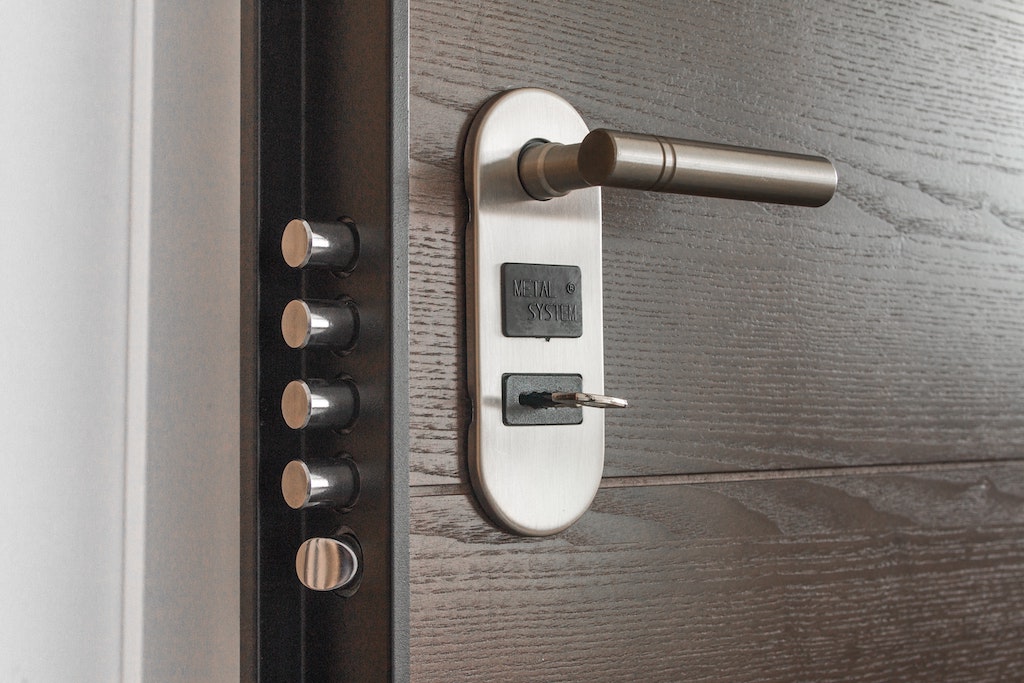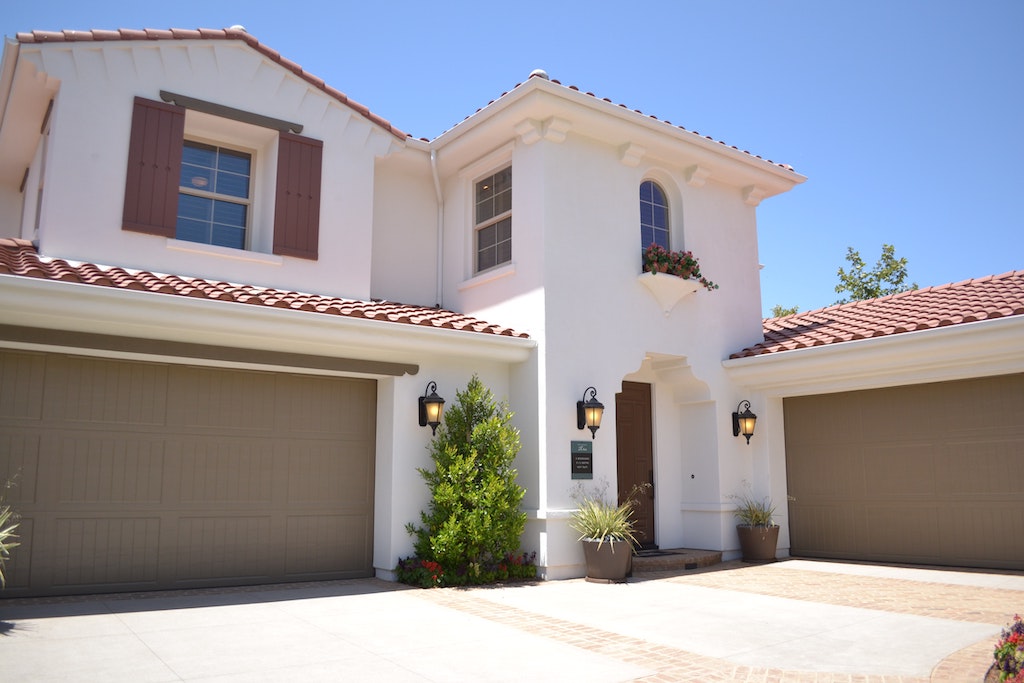Ensuring the safety and security of your home and loved ones is a top priority. Investing in a reliable home security system is a good idea, with crime rates rising. By understanding the types of home security systems, key features to consider, cost considerations, choosing a reputable provider, and installation and maintenance tips, you can make an informed decision to protect your property and loved ones with the best home security system for you.
Understanding the types of home security systems
Investing in a reliable home security system is paramount when it comes to safeguarding your home and protecting your loved ones. With a wide range of options available, choosing the right system that meets your specific needs can be overwhelming. There are different types of home security systems, and knowing what you need is the first step toward making an informed decision.
Monitored systems
Monitored systems provide an extra layer of protection and peace of mind. These systems are connected to a monitoring center that oversees your security 24/7. When an alarm is triggered, the monitoring center is immediately notified and can dispatch the authorities if necessary. The presence of professional monitoring adds an additional level of security, ensuring that your home is being watched over even when you’re not around.
Unmonitored systems
Unmonitored systems operate without a monitoring center. Instead, they rely on sirens, alarms, or notifications sent directly to your smartphone when a security breach is detected. While these systems are often more affordable and offer greater autonomy, they require homeowners to take immediate action when an alarm is triggered. You become the primary point of contact and response.
DIY systems
Do-it-yourself (DIY) systems are designed for homeowners who prefer to take charge of their home security. These systems come with easy-to-follow instructions and can be installed and configured without professional assistance. DIY systems offer flexibility in terms of customization and are often more cost-effective. However, they require technical knowledge and time investment for proper installation and maintenance.
Wireless systems
Wireless home security systems have gained popularity due to their convenience and ease of installation. These systems connect the various components using wireless technology, eliminating the need for drilling holes or running wires throughout your home. Wireless systems offer flexibility in terms of placement and expansion, allowing you to adapt and customize your security setup as needed.
Pros and cons
Each type of system has its advantages and disadvantages. Monitored systems provide professional monitoring but often come with monthly fees. Unmonitored systems offer affordability but require homeowners to handle alerts. DIY systems offer flexibility but may lack professional expertise. Wireless systems provide easy installation but may be susceptible to signal interference.
Choosing the best home security system
With technological advancements, home security systems now offer a wide range of features. A comprehensive home security system comprises various components and functionalities, each serving a specific purpose. It is important to note that the features you prioritize may vary depending on factors such as your home’s layout, specific security concerns, and budget. By considering your unique circumstances, you can identify the most important features to your and your family’s safety.
Security cameras
Security cameras play a crucial role in a home security system, providing visual surveillance and evidence in case of an incident.
- Types of Cameras: Consider the different types of cameras available, such as indoor cameras, outdoor cameras, and doorbell cameras. Each type serves a specific purpose and contributes to overall security.
- Video Quality and Resolution: Ensure the cameras you choose offer high-quality video resolution, allowing you to capture clear and detailed footage.
- Field of View and Zoom Capabilities: The field of view determines the area the camera can cover. Consider cameras with wide-angle lenses and the ability to zoom in for a closer look if necessary.
Motion sensors and detectors
Motion sensors and detectors are crucial components of a home security system as they detect movement and unauthorized access.
- Infrared Sensors: Infrared sensors detect changes in heat signatures, allowing them to identify the presence of humans or animals. They are effective in both indoor and outdoor settings.
- Motion Sensors: Motion sensors use various technologies to detect movement. They are often placed in strategic areas such as entry points or hallways to detect potential intrusions.
- Glass Break Detectors: Glass break detectors are designed to recognize the sound frequency of breaking glass. They are ideal for protecting windows and glass doors.
Alarm systems and sirens
Audible alarms and sirens are important deterrents and can alert you and your neighbors in case of a security breach.
- Audible Alarms and Deterrent Effect: Loud alarms are effective in deterring potential intruders. They draw attention to the property and increase the chances of the intruder fleeing.
- Integration with Monitoring Center or Smartphone: Consider systems that integrate with a monitoring center or your smartphone. This allows for immediate notification and the possibility of professional intervention if needed.
Home automation and smart features
Home security systems can offer integration with smart home devices, providing additional convenience and control.
- Remote Access and Control via Mobile Apps: Look for systems that allow you to monitor and control your security system remotely through a mobile app. This feature enables you to check on your home, receive alerts, and even arm or disarm the system from anywhere.
- Integration with Voice Assistants and Smart Devices: Consider systems that integrate with popular voice assistants like Amazon Alexa or Google Assistant. This allows you to control your security system using voice commands.
Home security system cost considerations
The financial aspects of a home security system will help you make an informed decision that aligns with your budget and security needs.
Upfront costs
The upfront costs of a home security system typically include the purchase of equipment and any necessary installation fees. It’s important to assess your specific security requirements and determine the number of cameras, sensors, and other components needed for your property. Higher-end or more advanced equipment may come with a higher price tag.
Equipment costs
Different home security systems and providers offer varying equipment costs. Take the time to research and compare prices from different manufacturers and suppliers. Consider the quality, features, and specifications of the equipment. It’s advisable to strike a balance between affordability and quality to ensure reliable performance.
Installation fees
Professional installation services are often available for home security systems and may incur additional fees. A professional install ensures proper setup and configuration of the system, optimizing its effectiveness. However, if you are confident in your technical abilities, you may opt for a do-it-yourself (DIY) system that requires minimal installation costs. DIY systems come with clear instructions, allowing you to handle the setup yourself.
Monthly monitoring fees
For monitored home security systems, monthly monitoring fees are common. These fees cover the cost of monitoring services and access to a monitoring center. Monitored systems offer the benefit of round-the-clock surveillance and immediate response in case of an emergency. The cost of monitoring services may vary depending on the level of monitoring, additional features, and the provider’s pricing structure.
Factors influencing monitoring costs
Several factors can influence the monthly monitoring costs of a home security system. These factors include the level of monitoring provided (basic or advanced), additional features such as video recording or home automation integration, and the reputation and quality of the monitoring service provider. Carefully evaluate the features and services included in the monitoring package to ensure they align with your security requirements.
Contract options
Review the contract options, including the contract length and cancellation terms when signing up for a monitored home security system. Contracts can vary from one year to several years, and some providers may offer month-to-month options. Carefully assess the contract length and consider your future plans to ensure flexibility. Review the cancellation terms to understand any penalties or fees associated with canceling the service before the contract term expires.
Additional expenses to consider
In addition to the upfront costs of a home security system, consider additional expenses that may arise over time. Factor in these expenses to ensure your security system remains in optimal condition and evolves alongside your changing needs.
Maintenance and repairs
Home security systems require regular maintenance to ensure proper functioning like any other technology. Common maintenance expenses include battery replacements, software updates, and equipment servicing. Batteries, especially in wireless devices, need periodic replacement to ensure uninterrupted operation. Software updates are critical for keeping your system up-to-date with the latest security patches and features. Additionally, equipment servicing may be required in case of any malfunctions or damage.
Upgrades and expansions
As your security needs change or your property undergoes expansions or renovations, you may find the need to upgrade or expand your home security system. Upgrades could involve replacing outdated equipment with newer models with improved features and functionality. For example, you may want to upgrade your cameras to higher-resolution ones or add additional sensors to cover new areas of your property.
Expansions refer to extending your security system to cover new zones or areas. This could include installing cameras in previously unprotected areas or adding sensors to additional entry points. It’s important to consider the scalability and flexibility of the system you choose to accommodate future expansions.
Choosing a reputable provider
When selecting a home security system, choose a reputable provider that you can trust. Here are some key considerations when evaluating different providers:
- Research and Gather Information: Take the time to research and gather information about different home security providers. Online reviews, ratings, and recommendations from trusted sources can provide valuable insights into the reputation and reliability of a provider. Pay attention to feedback from customers with firsthand experience with the company.
- Check for Certifications and Accreditations: Consider providers with relevant certifications and accreditations. These certifications ensure that the provider meets industry standards and follows best practices. Look for certifications such as UL (Underwriters Laboratories) certification or certification from recognized security industry organizations. These certifications indicate a provider’s commitment to quality and professionalism.
- Evaluate Customer Service and Support: Customer service and support are crucial for a reputable home security provider. Look for providers that offer responsive customer support channels, such as phone, email, or live chat. Prompt and helpful assistance can make a significant difference in resolving any issues or concerns that may arise. Additionally, check if the provider offers technical assistance to address any technical challenges or questions you may have.
A reputable provider will prioritize customer satisfaction and provide excellent support throughout your experience with their home security system.
Choosing the best home security system is a significant decision for homeowners looking to protect their property and loved ones. You can select a system that suits your specific needs by understanding the types of systems available, considering key features, evaluating cost considerations, researching reputable providers, and ensuring proper installation and maintenance. Take the time to assess your security requirements and consult trusted resources for additional information. With a reliable home security system in place, you can have peace of mind knowing that your home is safeguarded against potential threats.




